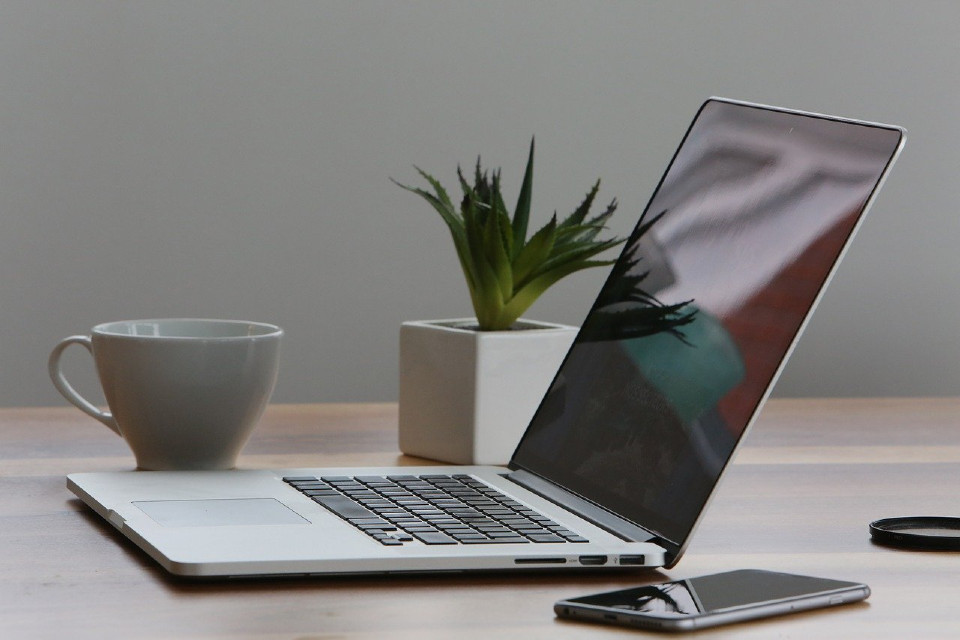As April is Stress Awareness Month, Instant Offices researched how the last year has affected employee mental health – but also what business and individual employees can do to improve and support mental health.
As remote working has been the new normal for the last year, self-isolation and health-related anxiety have created a general sense of unease for many people. A YouGov survey showed that Covid had impacted the UK’s overall mood, with 41% of Brits feeling stressed and 38% feeling frustrated.
The Top 5 struggles for remote workers are currently:
1. Not being able to unplug: 27%
2. Difficulties with communication: 16%
3. Loneliness: 16%
4. Distractions at home: 15%
5. Staying motivated: 12%
Instant Offices discovered that in 2020 the biggest struggles for employees working from home was loneliness, difficulty communicating and balancing a work-life balance.
A surge in anxiety caused by the COVID-19 outbreak means managing and supporting mental health at work has never been more crucial. A 2020 survey revealed that 828,000 workers in the UK struggle with work-related stress, anxiety or depression.
Four Things Employees Can Do To Manage Stress;
- Get a Better Night’s Sleep: The number of Brits struggling with sleep problems has risen from one in six to one in four. Tips to get a sleep pattern include reducing caffeine intake, turning off screens, going to bed and getting up at the same time every day.
2. Take a Digital Detox:Now is a good time to limit the amount of media we consume due to the current situation’s uncertainty. The goal is to ensure you are informed enough to make decisions but not overloaded with news headlines that induces anxiety.
3. Be Strict Around Work-Life Balance: Schedule the day into bite-size chunks and work in waves. By working in waves, we become energised and find it easy to switch off from work when the end of the days comes. It’s crucial also to schedule enjoyable things in the evening.
4. Create a Calm Workspace: When deciding which space to work from, look for an area with natural light and temperate, fresh air, and minimal distractions. Space must be free of clutter and have comfortable furniture.
As workers are gradually starting to return to work, businesses need to retain talent and put employees’ mental health first.
Ways employers can help their employees with reducing stress and have a healthy work-life balance include:
- Break the Culture of Silence – Environmental Psychologist & Wellbeing Trainer Lee Chambers says dealing with a lack of social connections during the outbreak has been a massive challenge for many people. “Without the ability to go out and socialise in the way we usually would, we have to be more creative and have more intention in our connection with others during this lockdown scenario. In some ways, the enforcement of rules around movement has caused us to slow down”.
- Lead By Example – Managers need to be more conscious of the challenges different households face. Encouraging flexibility, self-care, and regular check-ins is key to reducing stress.
- Introduce (or Keep Up) Team Activity and Training Sessions – Now is a perfect time for business’ encourage morning catch-ups, remote Friday drinks, yoga sessions or company training sessions. This is a great way to keep employees engaged and busy.
Some of the most-requested workplace changes among UK employees, providing a guideline for businesses looking to provide better support and ease post-lockdown concerns:
- Flexible hours: 59%
- A 4-day working week: 45%
- Fewer people in the office: 37%
- Fewer meetings: 33%
- Mental health days: 32%
Pre- Covid, in 2019 – 2020, 17.9 million working days were lost due to these work-related mental health issues.
60% of Brits say they’d only feel comfortable returning to the office once everyone has been vaccinated. As optimistic as that is, a new survey by CPD shows us a new wave of concerns which include:
- Social distancing: 60%
- Workplace safety: 56%
- Workplace cleanliness: 55%
- Spreading illness to family or friends: 45%
- Being away from family: 16%










